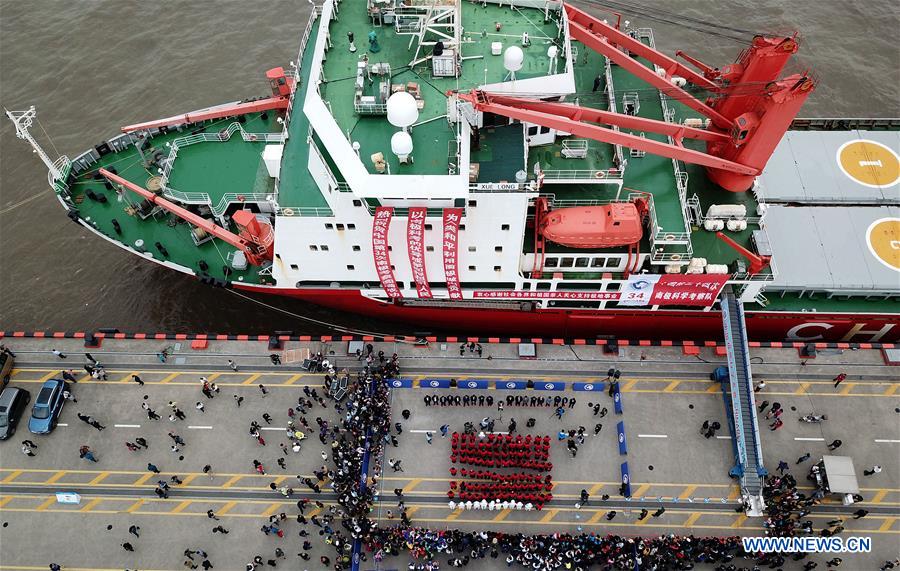The U.S. Supreme Court ruled in a 5-4 decision on Tuesday that a foreign corporation, even with branches in the United States, cannot be sued in U.S. courts for damages stemming from claims they participated in some way in or facilitated terrorist attacks and other human rights violations abroad.
The Supreme Court, citing the Alien Tort Statute for violations of international law, thus affirmed a lower court ruling that dismissed a lawsuit that 6,000 victims of a terrorist attack tried to bring against Arab Bank, PLC under the Alien Tort Statute (ATS) for allegedly financing terrorist attacks in the Middle East.
This decision will effectively put an end to human-rights lawsuits against overseas corporations that have ties to the United States, according to local media reports.
Justice Anthony Kennedy on Tuesday called the connection between the terrorist attacks at issue in this case and the alleged conduct in the U.S. relatively minor and said that most of the petitioner's allegations involve conduct that occurred in the Middle East.
"The ATS was intended to promote harmony in international relations by ensuring foreign plaintiffs a remedy for international-law violations in circumstances where the absence of such a remedy might provoke foreign nations to hold the United States accountable," the Justice wrote.
"But here, and in similar cases, the opposite is occurring." he wrote.
Chief Justice John Roberts and Justices Clarence Thomas, Samuel Alito and Neil Gorsuch joined Kennedy in the majority.
Justice Sonia Sotomayor dissented from the court's ruling in an opinion Justices Ruth Bader Ginsburg, Stephen Breyer and Elena Kagan joined.
The court's ruling absolves corporations from responsibility under the ATS for "conscience-shocking behavior," said Sotomayor.


















































